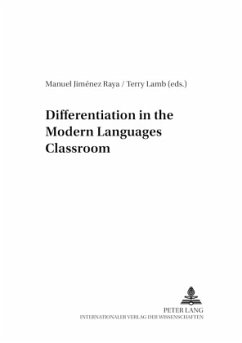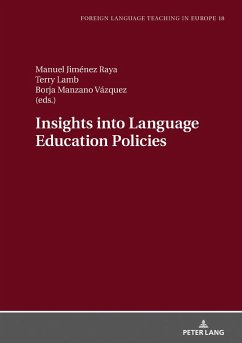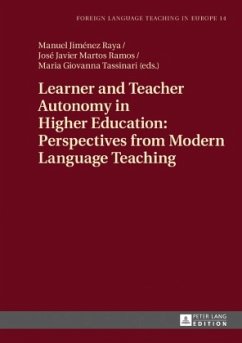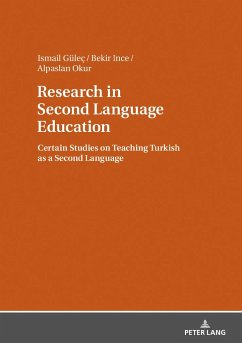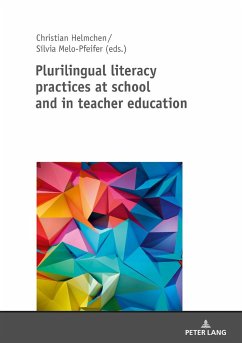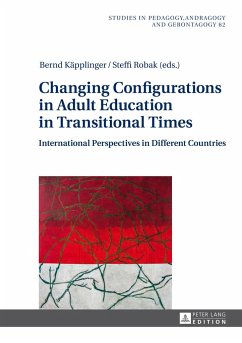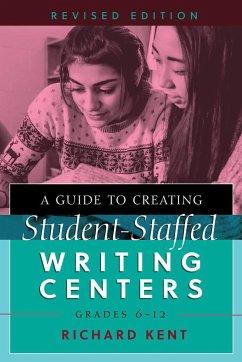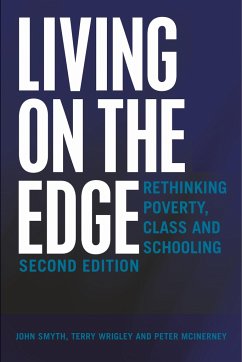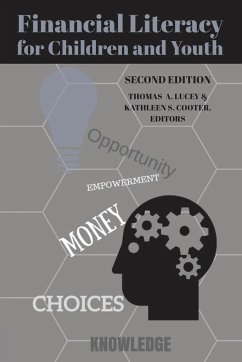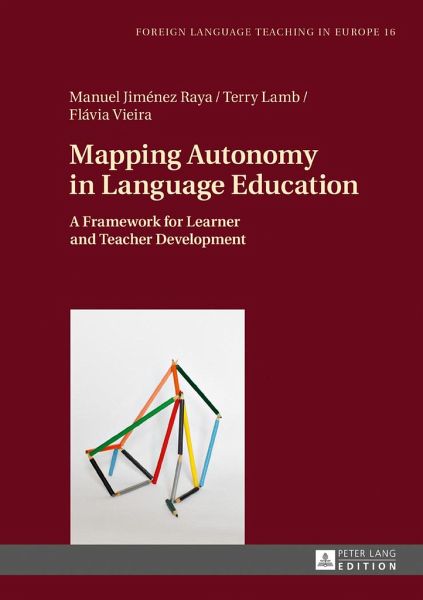
Mapping Autonomy in Language Education
A Framework for Learner and Teacher Development
Herausgegeben: Jiménez Raya, Manuel
Versandkostenfrei!
Versandfertig in 6-10 Tagen
34,55 €
inkl. MwSt.

PAYBACK Punkte
0 °P sammeln!
This book proposes a comprehensible, context-sensitive and flexible framework for the development of pedagogy for autonomy in language education. The «framework» metaphor highlights the effort to identify structuring elements in the authors' stance towards pedagogy for autonomy, which fall into three domains -the context, the learner, and the teacher. In each domain, the authors raise ethical, conceptual and practical issues that are crucial to their perspective and offer a basis for reflection on learner and teacher development towards learner and teacher autonomy. The book proposes a commo...
This book proposes a comprehensible, context-sensitive and flexible framework for the development of pedagogy for autonomy in language education. The «framework» metaphor highlights the effort to identify structuring elements in the authors' stance towards pedagogy for autonomy, which fall into three domains -the context, the learner, and the teacher. In each domain, the authors raise ethical, conceptual and practical issues that are crucial to their perspective and offer a basis for reflection on learner and teacher development towards learner and teacher autonomy. The book proposes a common definition for learner and teacher autonomy within a vision of education as transformation and empowerment. Pedagogy for autonomy is operationalized through a set of ten general principles.





